Is it worth getting a VPN? What is the risk using free VPNs?
7 min. read
Updated on
Read our disclosure page to find out how can you help Windows Report sustain the editorial team Read more
Key notes
- VPNs are considered a go-to solution when it comes to maintaining Internet privacy.
- More so, VPNs are also incredibly good at bypassing geoblocking and reducing ping.
- However, many just don't see the appeal of purchasing premium VPN subscriptions.
- Check out our guide below if you want to learn more about paid-for VPN services.
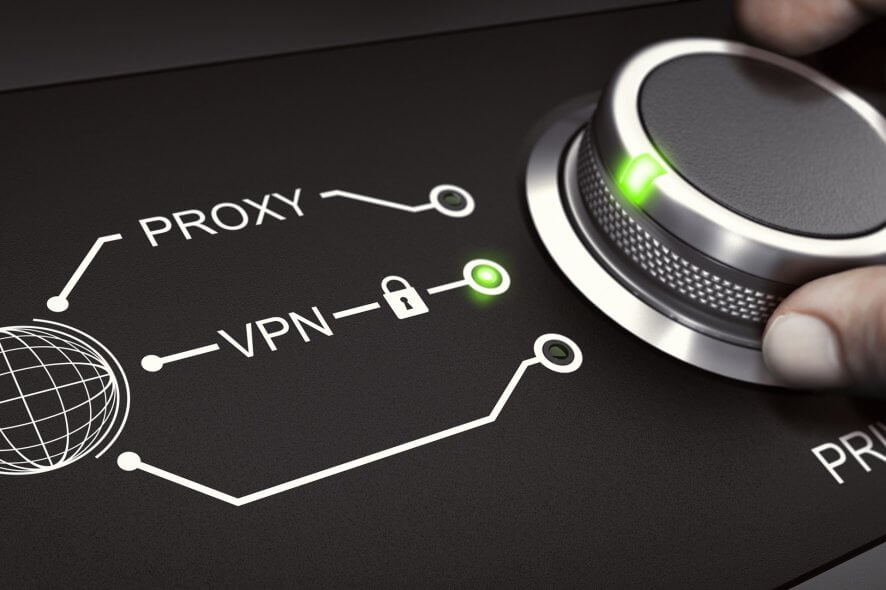
For some people, VPN is a must; for others, well, not so much. However, considering the tides of internet growth, online privacy was never as threatened as it is now.
Various leaks informed us about privacy intrusions, FCC is negating the net neutrality, large internet companies and ISPs are profiting on users data, by tracking and profiling them. The internet age of no privacy summarized.
That’s where the VPN comes in handy. Now, a lot of users that are aware of the threat, decide not to pay for VPN and settle for free solutions. And that’s fine. Anything is better than nothing.
Nonetheless, we are doubtful about free VPN solutions and today we decided to explain why is that the case. So, if you’re having any second thoughts, make sure to check the explanation below.
Is VPN something you should spend your money on?
What’s VPN exactly?
VPN is short for Virtual Private Network. It’s basically a safe tunnel that leads from your PC to ‘everything internet’ while enabling you to hide your IP address, avoid tracking, monitoring, and censorship.
The VPN providers provide you with dedicated servers that enable you to switch your current IP and location while maintaining the same levels of accessibility.
Think about it as a rent-a-car, just with the IP address instead of Toyota. The VPN client grants you the location and random IP of your choice, therefore enabling you to be a ghost on the grid.
Just an anonymous user without companies to track your online behavior.
VPN protects you from Internet Service Providers and individual sites that try to track your IP and thus violate your privacy. Furthermore, most of the premium solutions have multiple dozens or even hundreds of available servers for you to choose from.
So you can, let’s say, sit in your comfy home in Calcutta and use New York IP address in order to access the geo-restricted content and avoid tracking.
That’s the main concept for you. However, even though the tools are mostly similar, you might ask what creates a distinction between them.
Is paying for a VPN worth it?
It all boils down to how much you value your privacy, and how restrictive the Internet access laws are in your region.
For example, there are plenty of regions around the world where common websites are blocked, like YouTube or Netflix, or even programs altogether, such as how Skype is blocked in the United Arab Emirates.
More so, certain services are region-locked, the way Hulu is only available in the US. Thus, if you want the freedom of accessing any type of content, then a VPN is your only chance.
What is currently the best VPN I should use?
There are many factors that you should consider when trying to determine what VPN is best for you. Some users focus on high-security levels while others want more access points or a more stable connection.
While some VPN services are better than others and each has its own pros and cons, one VPN stands out because it has the perfect balance of all the criteria you may be looking for.
This service is owned, maintained, and developed by Kape Technologies (the same developers that brought your CyberGhost), and it has over 35,906 servers in 77 countries.
More so, your connectivity is safe and secure thanks to the WireGuard, PPTP, OpenVPN, and L2TP/IPSec technology used.
It also has the ability to easily switch between VPN Gateways means that you are very flexible when choosing your new IP.
More so, a single subscription will give you support to 10 devices simultaneously, so both you and your friends and family can enjoy a more private Internet browsing experience.

Private Internet Access
Browse the Internet in a more secure manner with this amazing VPN, now at a discount price for a limited time only!Is AVG VPN worth it?
AVG VPN is not exactly the best VPN on the market, but that doesn’t mean it is awful either. However, from a performance-to-price ratio point-of-view, there are certainly better alternatives.
Is Avast VPN worth it?
Just like with AVG VPN, Avast VPN isn’t exactly the best VPN on the market. This product is owned by a company that focuses primarily on antivirus software, so their VPN service isn’t all that much of a priority.
Is Nord VPN worth it?
Nord VPN is a top VPN service that features 5500 servers in 59 different countries, and it has a long history of delivering quality services. More so, if you manage to get it at a discount price, the investment is well worth it.
Is there a real need to use VPN nowadays?
It depends. If you’re concerned about your privacy, you probably should take VPN solutions seriously. People tend to say that they don’t have anything to hide.
On the other hand, that same folk won’t easily share their browsing history or credentials for various accounts, both personal and professional.
And that’s how it should be. That data is yours and only yours, and third-party sites, ISPs, or malicious individuals must be restrained from accessing it.
Therefore, the sole fact that your personal data is exposed to a higher bidder sounds incredibly Orwellian. Even though, for the most part, they tend to use it ‘only’ for advertisement purposes.
The internet is basically free and it’s, arguably, the synonym for the open society nowadays. With FCC (Federal Communications Commission) trying to break the net neutrality concept, one must assume that things are going south in regards to privacy and security for every affected user.
Another point of interest concerns geo-location restrains, where certain users from certain countries are unable to access the restricted content.
That somewhat elitist approach also goes against the concept of the Internet and makes it narrower than it’s supposed to be initially.
So, you can draw your own conclusions, and decide whether you want to protect your privacy or not.
What should you expect from a premium VPN solution?
There’s one, a tad washed-up Andrew Lewis’s phrase that’s frequently used but that doesn’t make it any less true. ”
If you are not paying for it, you’re not the customer; you’re the product being sold.
No one can guarantee you that the paid solution won’t track your data for sure, but at least, there’s the money for goods concept. And don’t forget that this isn’t a tool, but rather a service.
In addition, when it comes to performance and features, freeware solutions are mostly underperforming and quite limited in regards to the number of available servers, and also, they heavily affect the bandwidth.
That places them far behind the subscription-based premium solutions which, on the other hand, offer stable speeds and numerous servers.
What you can expect from premium VPN solutions is:
- No data and speed limits.
- Support for multiple devices.
- Wireless network protection.
- Full anonymity while using the service.
- The formidable quantity of servers you can choose from.
- Stability and valid customer support.
- Support for handheld devices.
Don’t settle for less. The prices are going up to $100 per year subscription, but there’s a list of much more affordable solutions out there. Your final choice should depend on your preferences, but most of them should serve you justice.
With that, we can conclude this article. We certainly hope that you were able to learn something new about VPNs and their usability.
Do you think about VPN as a necessity? If so, what’s your VPN of choice? Do tell us in the comments section.





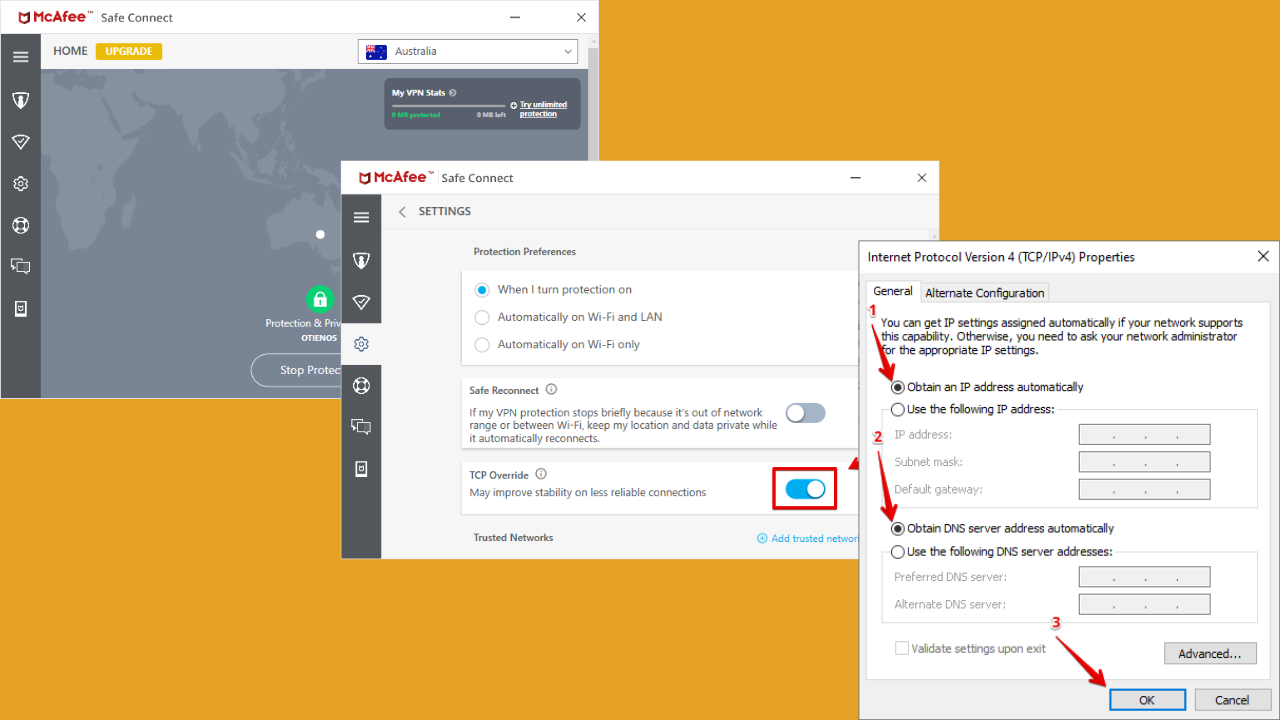
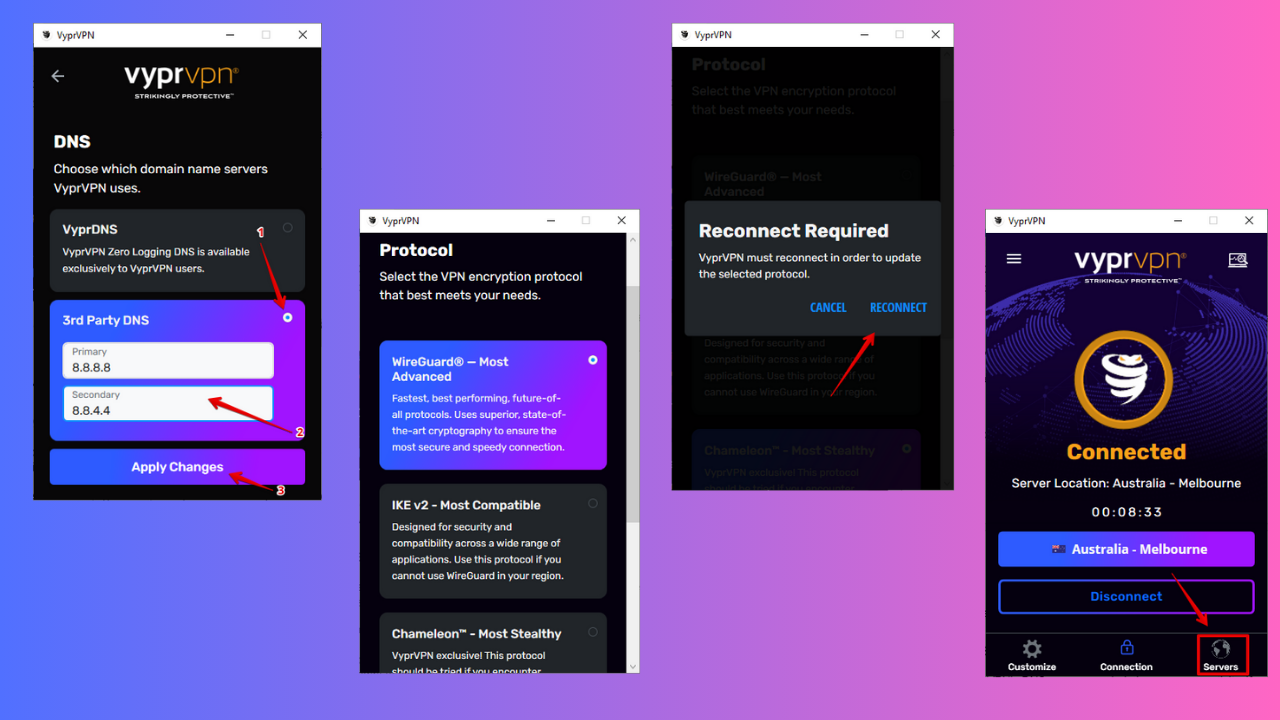
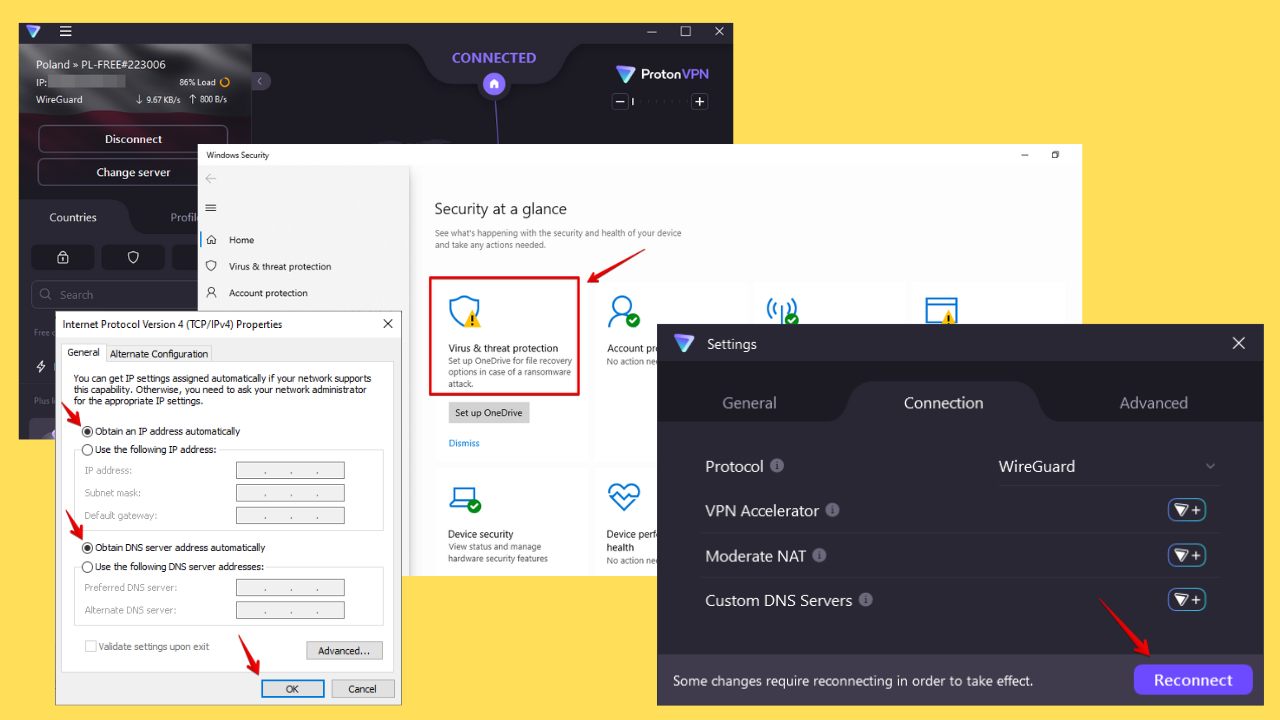
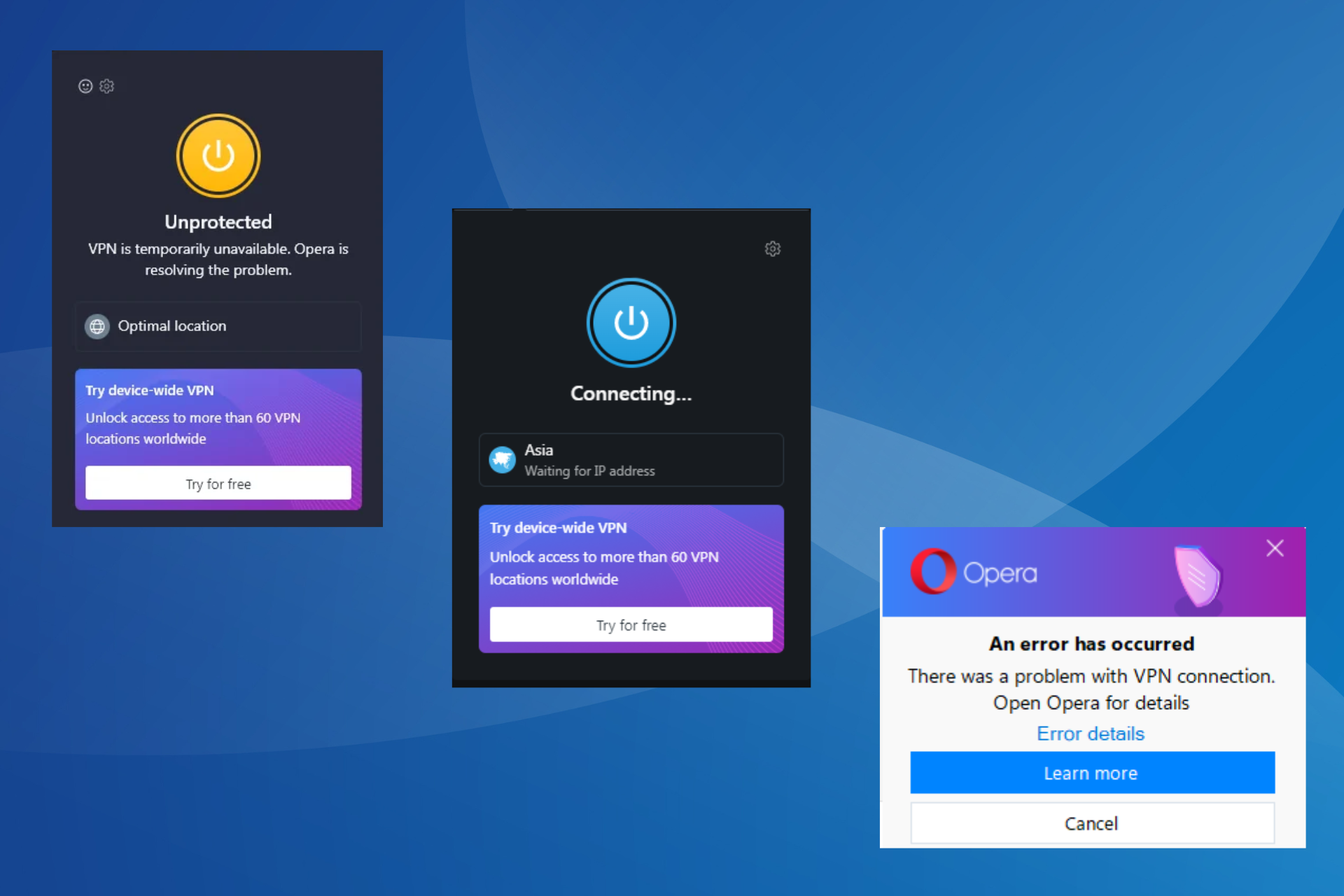
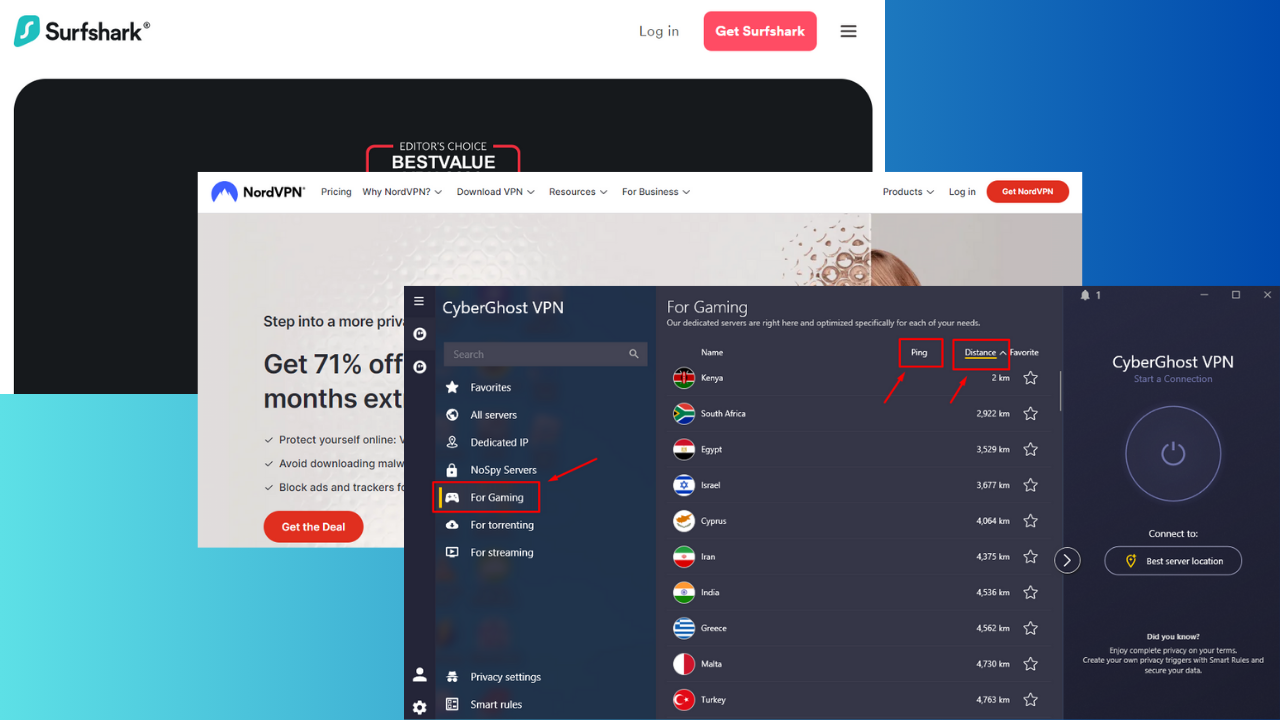
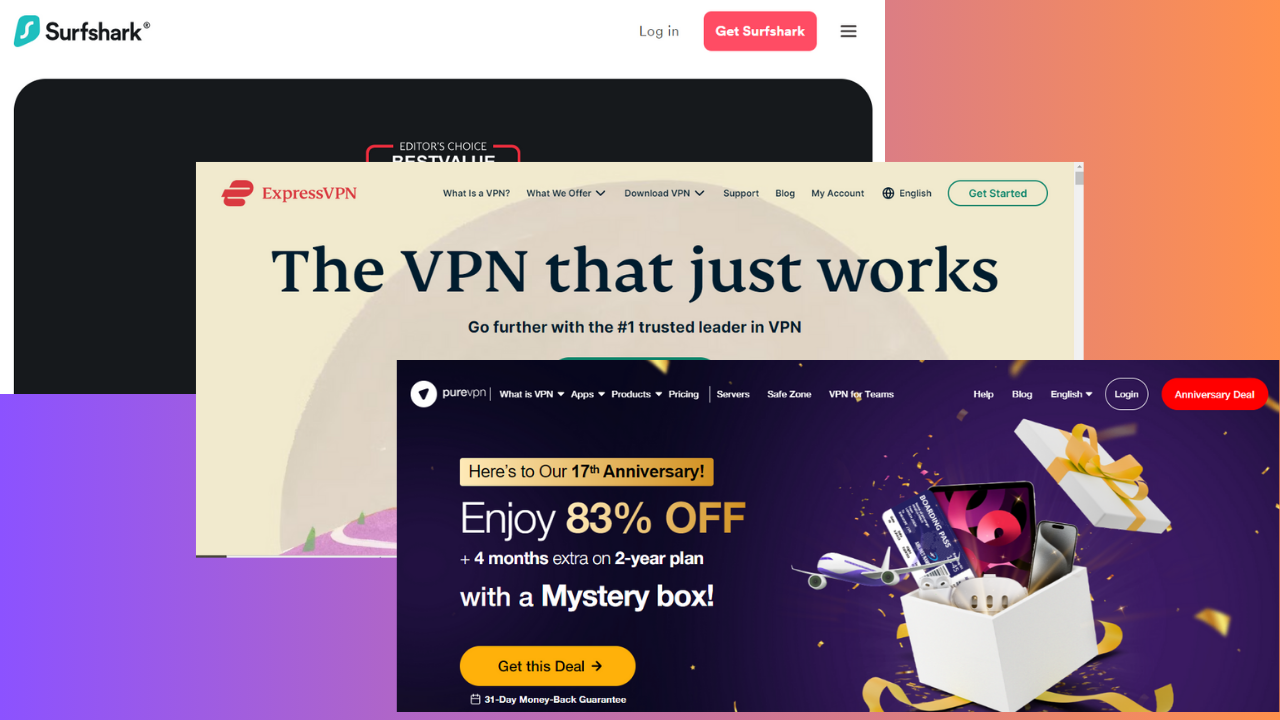
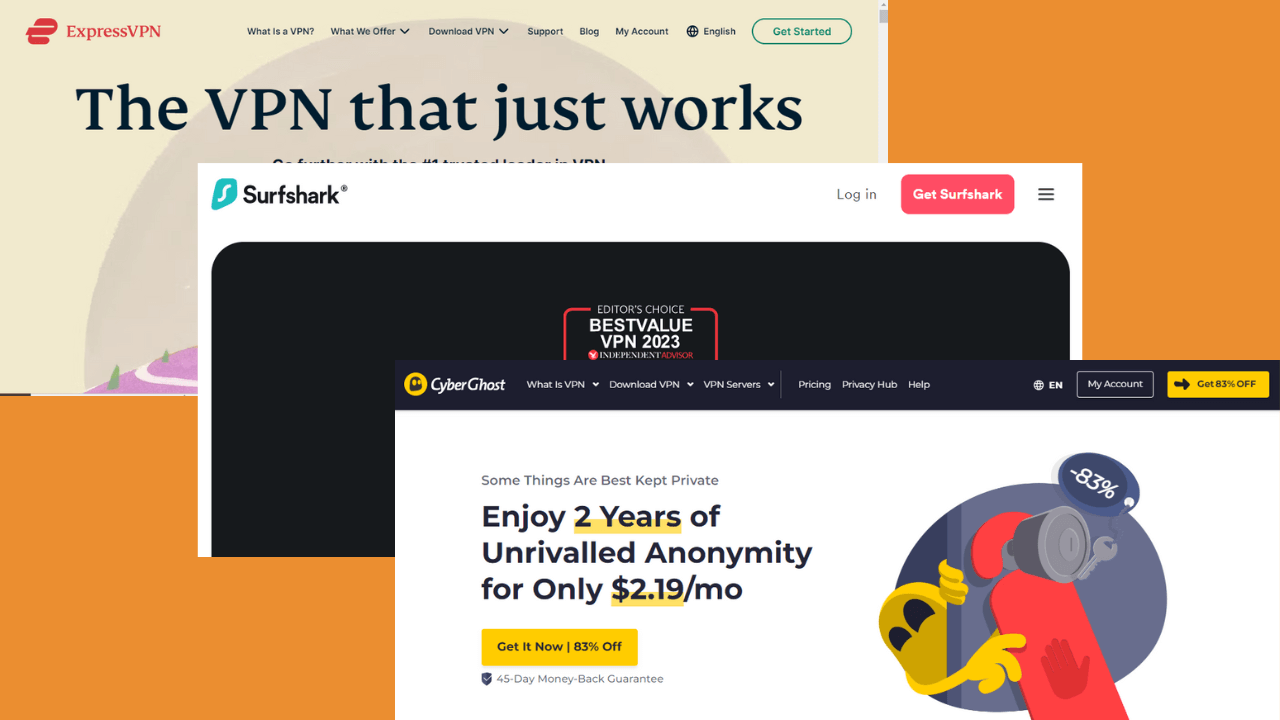
User forum
0 messages